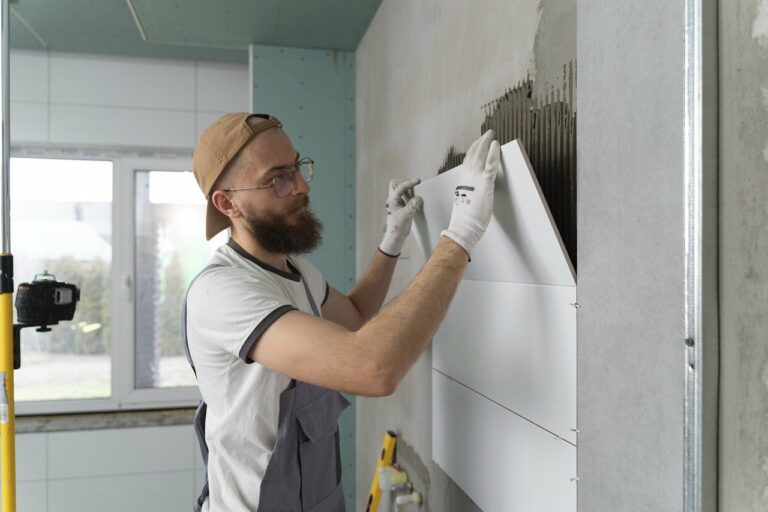Breaking New Horizons: The Demolition Landscape: Laser book, Silverexch, 11xplay reddy login
laser book, silverexch, 11xplay reddy login: Breaking New Horizons: The Demolition Landscape
Demolition is a crucial aspect of the construction and development industry, playing a significant role in reshaping urban landscapes. With advancements in technology and techniques, the demolition landscape is constantly evolving, opening up new horizons for the industry. In this article, we will explore the latest trends and innovations in the demolition sector, highlighting the key factors shaping the future of demolition practices.
The Rise of Sustainable Demolition Practices
Sustainability has become a top priority in the construction industry, and demolition is no exception. As environmental regulations become more stringent, demolition companies are increasingly focusing on sustainable practices to minimize the impact on the environment. From recycling materials to using eco-friendly demolition techniques, the shift towards sustainability is reshaping the demolition landscape.
Heading 1: Recycling and Reusing Materials
One of the most significant trends in the demolition industry is the emphasis on recycling and reusing materials. Demolition companies are now more proactive in salvaging materials such as concrete, steel, and wood from demolished structures, diverting them from landfills. Recycling materials not only reduces waste but also lowers the demand for new resources, making demolition more sustainable.
Heading 2: Eco-Friendly Demolition Techniques
In addition to recycling materials, demolition companies are also adopting eco-friendly demolition techniques to minimize environmental impact. Controlled implosions, selective dismantling, and deconstruction are some of the methods used to reduce noise, dust, and emissions during demolition projects. These techniques not only protect the environment but also improve safety and efficiency on construction sites.
Heading 3: Use of Advanced Technologies
Technology is revolutionizing the demolition industry, enabling companies to undertake complex projects with precision and efficiency. Robotics, drones, and 3D modeling are some of the technologies transforming the way demolitions are planned and executed. These advanced tools help demolition companies improve safety, accuracy, and productivity, setting new standards in the industry.
Heading 4: Dynamic Demolition Strategies
The dynamic nature of demolition projects requires companies to adopt flexible and innovative strategies to overcome challenges. From urban environments to heritage buildings, each demolition project presents unique obstacles that demand creative solutions. Demolition companies are leveraging their expertise and experience to develop customized strategies that meet the specific requirements of each project, allowing them to navigate complex landscapes with ease.
Heading 5: Safety and Regulation Compliance
Safety is paramount in the demolition industry, where workers face numerous risks and hazards on a daily basis. Demolition companies are investing in training, equipment, and procedures to ensure the safety of their workers and the public. Compliance with regulations and standards is also crucial, as non-compliance can result in fines, delays, and reputational damage. By prioritizing safety and regulatory compliance, demolition companies are setting new benchmarks for industry practices.
Heading 6: Collaborative Partnerships and Stakeholder Engagement
Demolition projects often involve multiple stakeholders, including property owners, developers, government agencies, and the public. Collaborative partnerships and effective stakeholder engagement are essential for the success of demolition projects, as they help build trust, foster communication, and address concerns proactively. Demolition companies are recognizing the importance of collaboration in achieving project goals, leading to more transparent and mutually beneficial relationships with stakeholders.
FAQs
Q: How do demolition companies ensure the safety of workers and the public during demolition projects?
A: Demolition companies prioritize safety by providing comprehensive training, equipping workers with proper gear, implementing strict safety protocols, and conducting regular inspections to identify and address potential hazards.
Q: What are the key factors driving the shift towards sustainable demolition practices?
A: Environmental regulations, resource scarcity, public awareness, and cost savings are some of the key factors driving the adoption of sustainable demolition practices in the industry.
Q: How do demolition companies handle hazardous materials and waste during demolition projects?
A: Demolition companies work with specialized contractors and waste management firms to safely remove, handle, and dispose of hazardous materials and waste in compliance with regulations and industry best practices.
In conclusion, the demolition landscape is evolving rapidly, with sustainability, technology, innovation, safety, collaboration, and regulation compliance shaping the future of the industry. As demolition companies embrace these trends and adapt to changing market dynamics, they are breaking new horizons and setting new standards for excellence in the demolition sector. With a focus on sustainable practices, advanced technologies, safety, and stakeholder engagement, the demolition industry is poised to meet the challenges of the future and continue to play a vital role in shaping the urban landscape.







